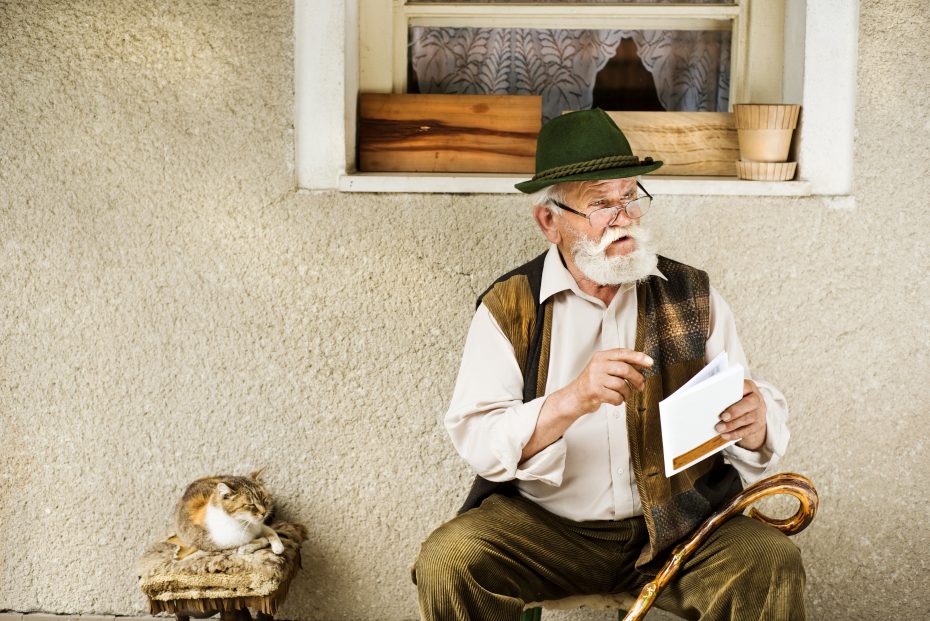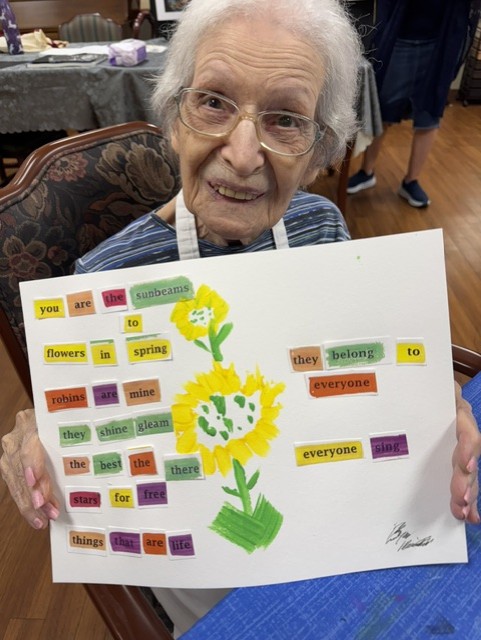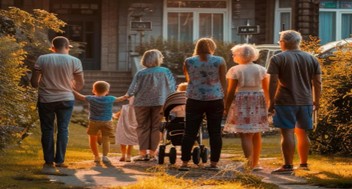Would you believe me if I told you that elders are generally more likely to forgive than the rest of us?
It might sound backwards on first hearing, especially in light of the stereotypes that are so often attached to elder Americans. How often are elders depicted as cantankerous, set in their ways, bitter or downright grumpy? Think of Archie Bunker, who was not exactly a model of graciousness. Or there’s Statler and Waldorf, the Muppet critics with personalities organized entirely around contemptuous jeering. And certainly the personality type of “grumpy old man” was a stereotype long before the franchise of movies by a similar name.
Reframing Aging
As so often turns out to be the case, these stereotypes are not supported by the research. Aging researchers have not only rejected the idea that elders are more prone to be bitter or stuck in their ways, they have also found solid evidence that elders are in fact more forgiving than others.
A colleague of mine with an interest in the spirituality of aging has said that as people age they tend to “mellow out.” They become more accepting, more appreciative of the people in their lives, quicker to forgive and less likely to hold onto grudges. He attributes these changes to the collected wisdom of their life experience along with their appreciation of time’s preciousness.
Art Markman, in an article for Psychology Today, offers several theories on why elders are more forgiving. One is that the slights done against us in the past tend to feel less severe with the benefit of time and distance. Another is that elders tend to be, in Dr. Markman’s words, more agreeable and less neurotic. Here’s how Markman explains it:
“Agreeableness is how much someone feels the need to do and say things that help them get along with others. Neuroticism is the degree to which someone feels negative emotions like stress, anxiety, fear, and sadness in response to life events.”
Elders seem to be a bit less likely to cause a ruckus or take things personally when life does not go as they might have hoped. As my colleague says, they have “mellowed out.”
It is quite a puzzle: elders tend to be on average more forgiving than their younger counterparts, and yet our stereotypes tell us exactly the opposite.
Letting Go
In my own work as a pastor I have found that things like bitterness or resistance to change are not the special property of older generations. Sure, there are Archie Bunker types to be found in the world, but they are much more the exception than the rule. In general, elders have learned the lessons of forbearance and forgiveness. They know when it is best to let things go.
So I wonder: Do your ideas about elders look more like the research or more like the stereotypes?
Maybe if we have allowed our thinking about elders to be shaped by negative stereotypes it is because of a lack of significant contact with people of other generations.
Fortunately, for most of us there is still ample time and opportunity to appreciate the wisdom of our elders. And don’t worry; probably they will be quick to forgive us for the mean stereotypes.
There are a wide variety of spiritual practices one can explore. Please join with us as we celebrate an abundance of spiritual practices on our journey through this season from Epiphany through Lent.
View all articles by:























